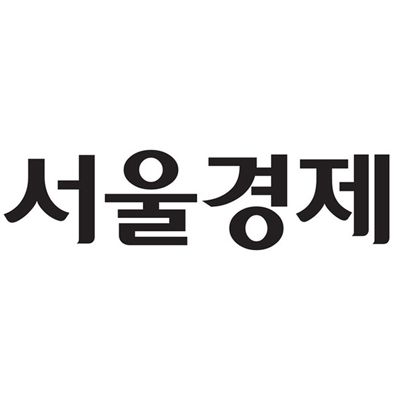Industry Research Institute fact-finding survey, survey results of 480 companies
 viewer
viewer
Half of Korean companies that have entered China have lost their business performance, and 4 out of 10 have low utilization rates of less than 60%.
On the 7th, the Korea Institute of Commerce and Industry released a report on the’Business Environment Survey of Chinese Enterprises’ conducted with a total of 480 companies from September to November last year, together with the Beijing Office of the Korea Chamber of Commerce and the Korea Chamber of Commerce of China. According to the report, 54.6% of respondents said that sales in 2020 will decrease from 2019, with 34.4% of responding that it will decrease significantly. 52.5% of respondents said that the operating profit in 2020 would decrease from the previous year (33.5% decreased significantly, 19.0% decreased).
Companies cited sluggish local demand, intensifying local competition, Corona 19, and sluggish export demand as the reasons for the decline in sales. As for the management difficulties, a drop in local demand and intensification of competition were pointed out, as well as difficulties in manpower. When looking at the utilization rate of companies, only 25.6% was over 80%, 60-80% was 31.9%, and 40-60% was 28.5%. The utilization rate of 4 out of 10 companies remained below 60%.
Regarding the prospects for business in China for the next two to three years, 55.6% of respondents said they would maintain the status quo. This was followed by expansion (23.1%), reduction (18.3%), and withdrawal and relocation (3.0%). In the case of business outlook for the next five years, the most respondents said they would maintain the status quo (42.9%), followed by expansion (26.7%), reduction (21.0%), and withdrawal/relocation (8.0%). Companies considering withdrawal and relocation mainly pointed out the increase in production costs in China (35%) and intensification of competition (32%).
Most companies (58.6%) predict that China’s internal environment will deteriorate in the future. Concerns were high in the order of Chinese government policy (regulation), rising production costs, changes in demand markets, and unfair competition.
/Sejong = Reporter Yang-Joon Cho [email protected]
< 저작권자 ⓒ 서울경제, 무단 전재 및 재배포 금지 >
